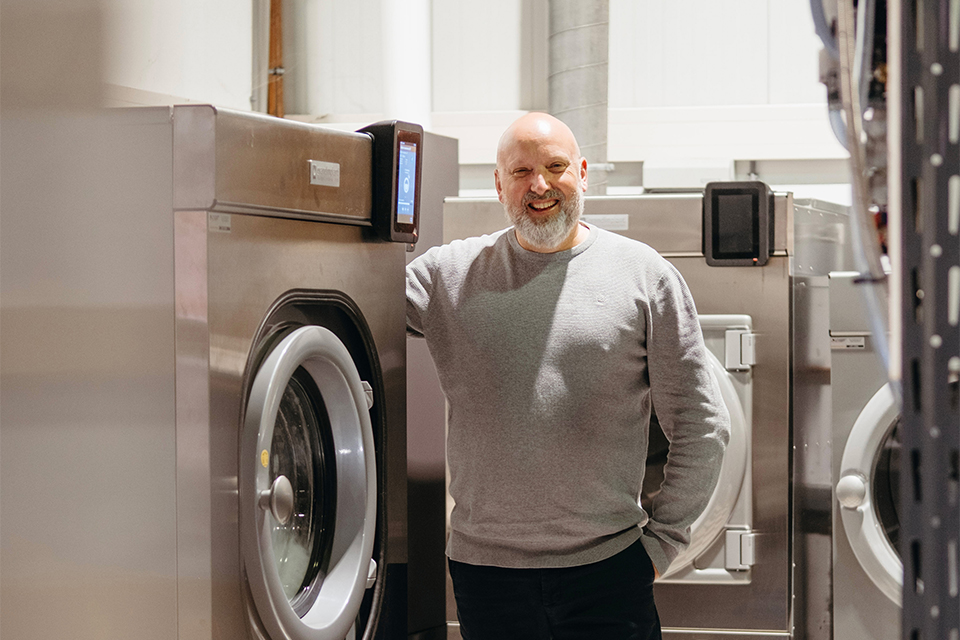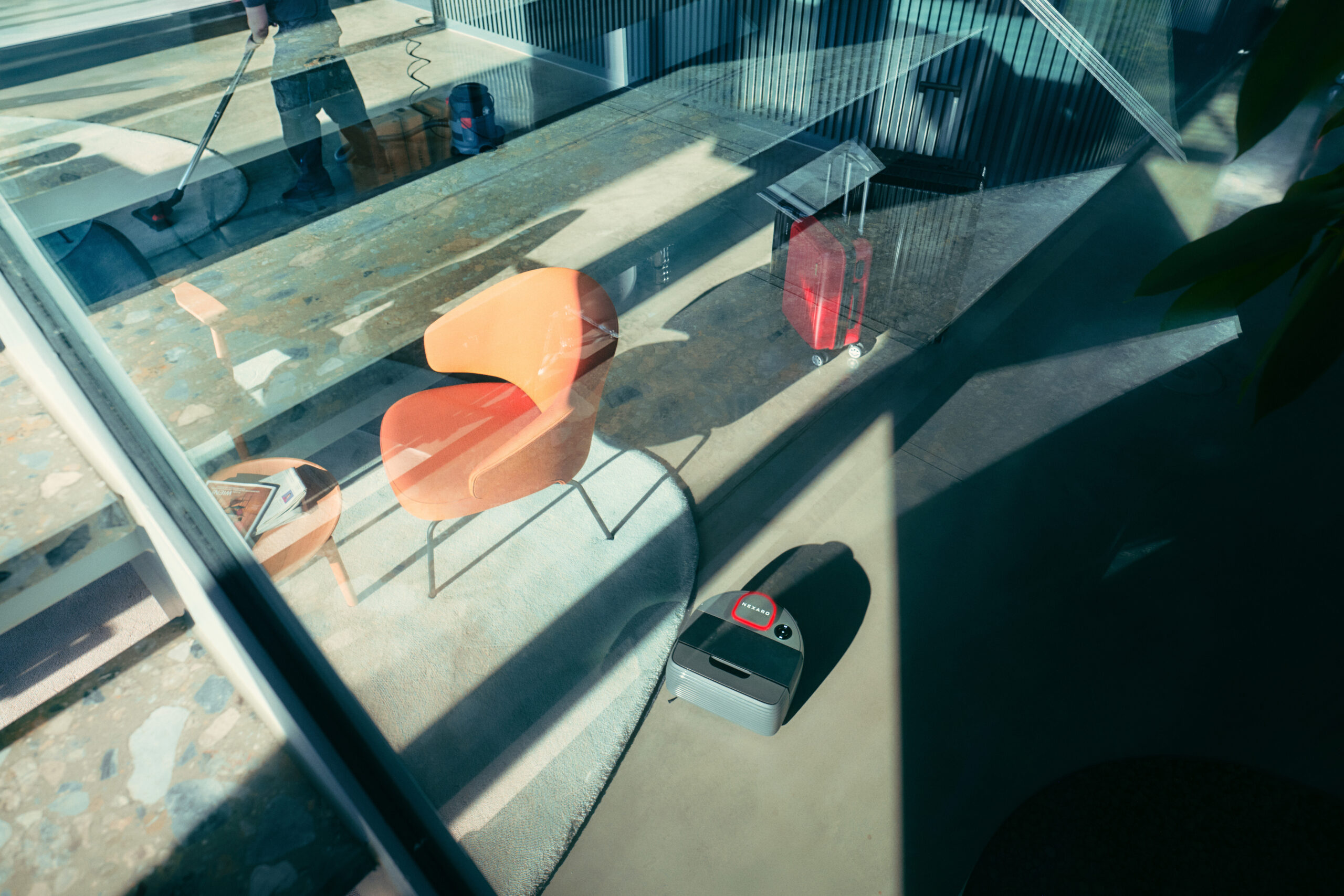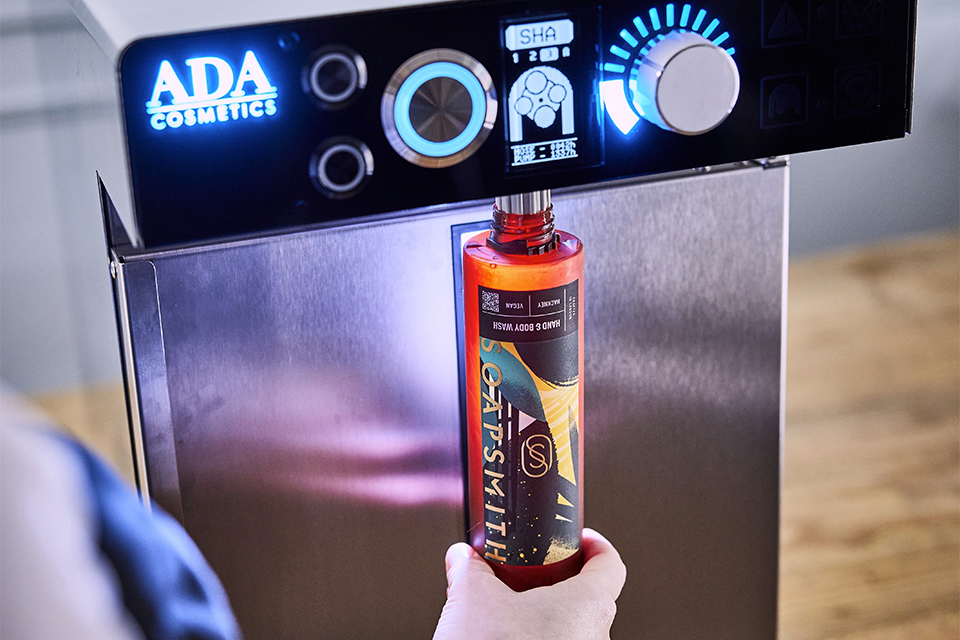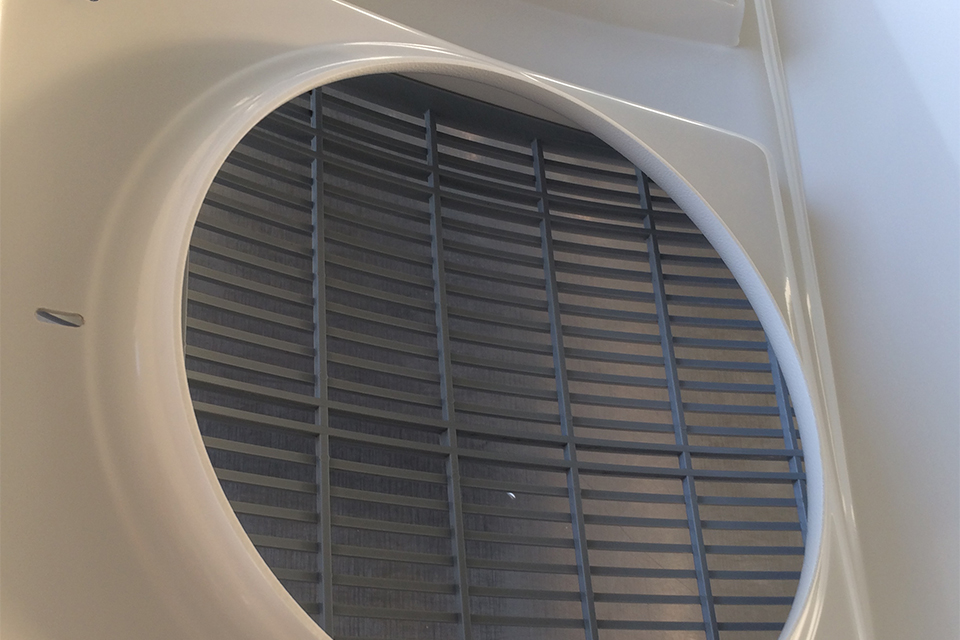
Prevent health risks from mould growth
The invisible dangers of cold rooms and cooling tables
In the commercial kitchens of hotels and restaurants, cold rooms and refrigerated tables play a crucial role in food storage. But if not properly maintained, these storage areas can also be a source of serious health risks. "In addition, dirty coolers and cooling tables incur unnecessary costs and can drastically reduce energy efficiency," says CEO Thierry Desmet of Valor Services Group, the specialist in hygienic cleaning of commercial kitchens.
Cold rooms and cooling tables operate under specific conditions with low temperatures and high humidity. This is the ideal environment for mould growth. According to Desmet, moulds are often overlooked because they are not initially visible. "They are mainly found in the fans that cool the rooms, in drip trays, on walls and ceilings as well as in the shelves that are in the cold store. While the cool environment slows down growth, that does not mean the risk is less," he explains.
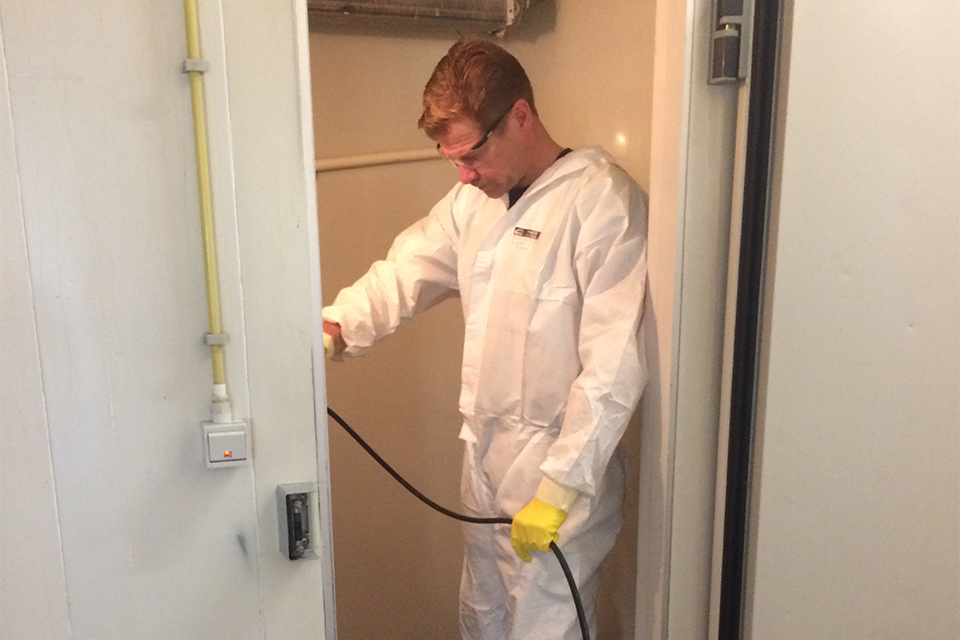
Diffusion via aerosols
Mould not only threatens food safety, but also the health of employees, warns Desmet. "Mould spores can spread via aerosols, easily entering employees' respiratory tracts. This can lead to respiratory problems, allergies and, in extreme cases, even chronic lung diseases. And even though food is usually kept covered in a cold room: what is often overlooked is that kitchen workers walk in and out of a cold room several times a day, often without protection, such as a mouth mask."
Invisible mucus layer
As for food safety, the danger there lies mainly in the formation of biofilms on surfaces in cold rooms and on refrigerated tables, the CEO continues. "This thin, slimy layer is often invisible, but provides an ideal breeding ground for harmful bacteria and fungi. If this slime layer is not removed in time, it can seriously compromise food safety, ultimately leading to food poisoning. Although food safety in the Netherlands stipulates that all food must be covered to prevent cross-pollination, in practice this does not always seem so easy. Moulds settle in the evaporators and, due to ventilation, they spread throughout the cold room. Valor Services Group, which specialises in cleaning cold rooms, cooling tables and also freezer rooms, helps to prevent such problems. We tackle the problems preventively by cleaning the evaporators so that hygiene in the cold room is monitored. And if, for example, it is found that the sealant seams are also mouldy, they are removed and resealed with mould-resistant silicone."
Reputation damage
This much is clear: if cold rooms are not cleaned often enough, or are not cleaned properly, the consequences can be far-reaching.
"Especially if surfaces are not cleaned regularly and thoroughly, this increases the risk of food poisoning," Desmet sums up. "If the latter happens, this obviously has a big negative impact on a hotel's reputation."
But how then is it regulated in law when it comes to health risks from cold stores? "European regulations set strict requirements for hygiene in commercial kitchens, especially around the storage of food in cold stores, as laid down in the HACCP standard, among others," Desmet clarifies. "However, this does not detract from the fact that regular inspection and deep cleaning of these cold rooms is essential to prevent problems. Failure to comply with hygiene standards can lead not only to heavy fines, but also to temporary closure of the company. As a hotel company, you obviously want to avoid the latter at all costs."
Reduced energy efficiency
Besides health risks, poorly maintained coolers and cooling tables also entail unnecessary costs, Desmet knows. "Dirty coolers and cooling tables can drastically reduce energy efficiency. This is because external condensers of cold rooms or cooling tables attract dust, or - if they are outside - leaves, pollen and dust. As a result, cooling systems have to work harder to reach the desired temperature. This increases energy consumption and leads to higher electricity costs, as well as shortening the lifespan of the equipment."
To reduce these unnecessary costs, professional maintenance and regular deep cleaning is again essential. "At the same time, lower energy consumption saves the environment. At a time when hotels increasingly value sustainable operations, this too is a crucial aspect," concludes Desmet.
Heeft u vragen over dit artikel, project of product?
Neem dan rechtstreeks contact op met Valor Services Group.
 Contact opnemen
Contact opnemen
